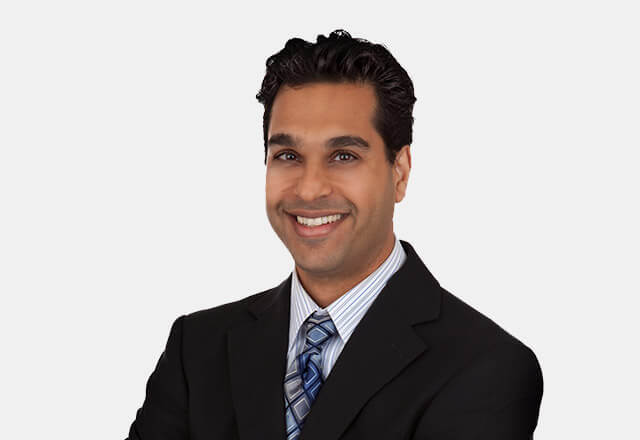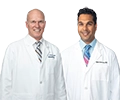
Last Updated on June 27, 2025 by Aaron Barriga
According to recent reports by the CDC, approximately 14 million Americans aged 12 years and older have self-reported visual impairment defined as distance visual acuity of 20/50 or worse.
That’s not all! Out of the estimated 61 million adults in the United States classified as being at high risk for serious vision loss, only half of them actually visited an ophthalmologist in the past 12 months!
The reports also pointed out that more than 11 million Americans could have improved their vision with refractive correction had they visited an eye doctor on time!
Did You Know?
- Approximately 11% of Americans aged 20 years and older with diabetes had some form of visual impairment. Among those without diabetes, 5.9% had some form of Visual Impairment (VI).
- 3.4 million Americans aged 40 years and older are either blind or visually impaired.
- 1,600,000 Americans aged 50 years and older have age related macular degeneration.
- 5.3 million people aged 18 years and older have diabetic retinopathy.
- 20.5 million people have cataracts among Americans aged 40 years and older.
- 2.2 million people have glaucoma among Americans aged 40 years and older.
Source: https://www.cdc.gov/
This only goes to show the importance of undergoing comprehensive eye exams regularly and how essential they are when it comes to preventing vision related problems!
During a comprehensive eye exam, your ophthalmologist will not only check your eyes to determine if you need eyeglasses or contacts, but will also check your eyes for common eye diseases, assess how your eyes work together and evaluate the condition of your eyes as per your age to test their overall health.
Such comprehensive eye exams include a number of tests and procedures to help your eye doctor examine and evaluate the health of your eyes and your vision quality.
There are a variety of tests that can be performed to help your eye doctor make the right analysis. Tests range from simple ones, like reading an eye chart, to complex tests, such as using a high-powered lens to examine the health of the tissues inside your eyes.
Frequency of Eye Exams
While the frequency of undergoing eye-exams depends on an individual’s personal health, you must schedule an eye-exam every one to three years. Take a look at the recommended frequency levels of eye exams among children and adults of various age groups:
Eye Exams for Children
While most kids have their first eye exam around the time they start school or start to face vision problems, ophthalmologists recommend getting your babies eye checked after they’ve crossed the 6month mark, so if there are any persisting vision problems, they can be corrected well in time.
This of course is highly dependent on the child’s personal health condition and vision problems. If the child’s eyes are in top shape, the ophthalmologist will automatically recommend a larger interval between all follow-up eye exams.
Eye Exams for Adults
In case of adults, the American Optometric Association (AOA) recommends an annual eye exam for any adult who wears eyeglasses or contacts. If not, you can extend the interval up to 2-3 years. Adults suffering with conditions like diabetes and high blood pressure are required to undergo eye exams more frequently as such conditions are capable of seriously affecting your vision.
After crossing the 40-year mark, it is best to get your eyes checked every 2-3 years to check for age related eye problems like presbyopia, cataracts and macular degeneration.
Here is a table outlining the preferred frequency of eye exams as you age:
| Patient’s Age | Eye-Examination Frequency |
|---|---|
| Birth to 24 months | At 6 months of age |
| 2 to 5 years | At 3 years of age |
| 6 to 18 years | Every 2-3 years |
| 18 to 40 years | Every two years |
| 40 to 60 years | Every two years |
| 61 and older | Annually |
While these are the recommended frequencies for eye exams, it is best to visit your eye doctor and get a first-hand opinion on how to plan your eye exams. Your ophthalmologist will also be able to better guide you about the type of eye exams available, their costs and other details related to health conditions which require regular eye-checkups.
For those of you located in and around Fresno can contact Insight Vision Centre to learn more about the importance of eye-exams and ascertain what eye exam frequency works best for you!

Dr. Azhar I. Salahuddin is an ophthalmologist and is fellowship-trained in cornea, external diseases, and refractive surgery. Dr. Salahuddin has been performing cataract surgery for over 19 years and specializes ocular reconstruction, corneal transplantation surgery as well as vision correction through a variety of intraocular lenses. Dr. Salahuddin is board-certified by the American Board of Ophthalmology and was trained at Boston University.

